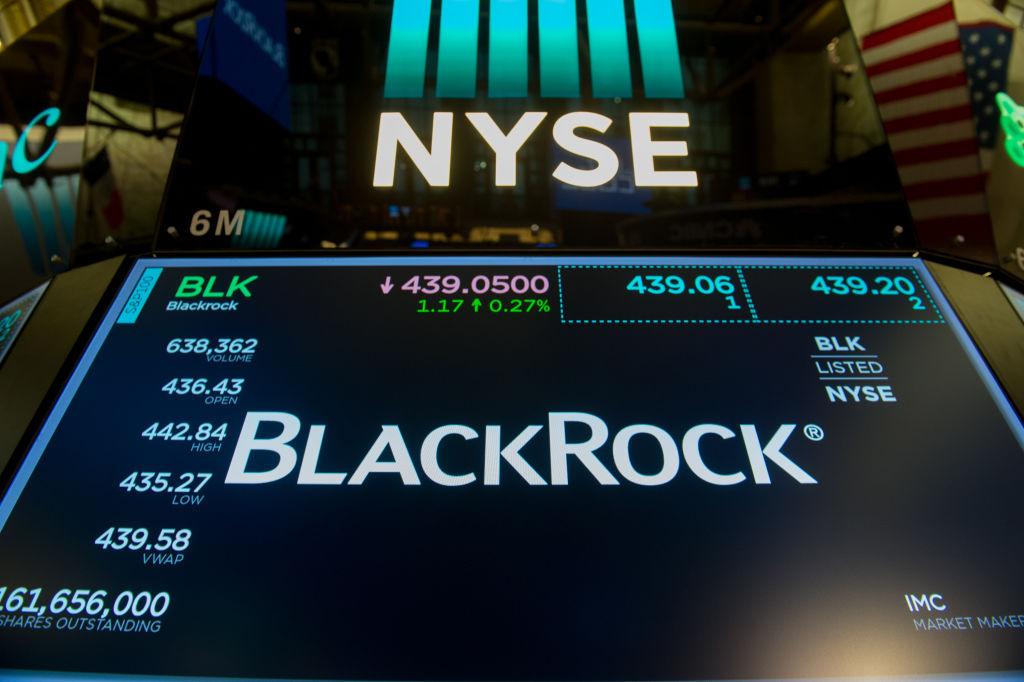Australia’s competition watchdog should receive new powers to stop any potential merger that could see “mega-funds” like U.S. giants BlackRock, Vanguard, and State Street widen control over an industry, according to a parliamentary committee.
On April 11, the Standing Committee on Economics in Australia tabled its report examining the influence of the mega-funds, which also comes amid ongoing concerns that funds like BlackRock are using the leverage they have over big companies to compel them to adopt social justice initiatives such as gender equality and climate change.





